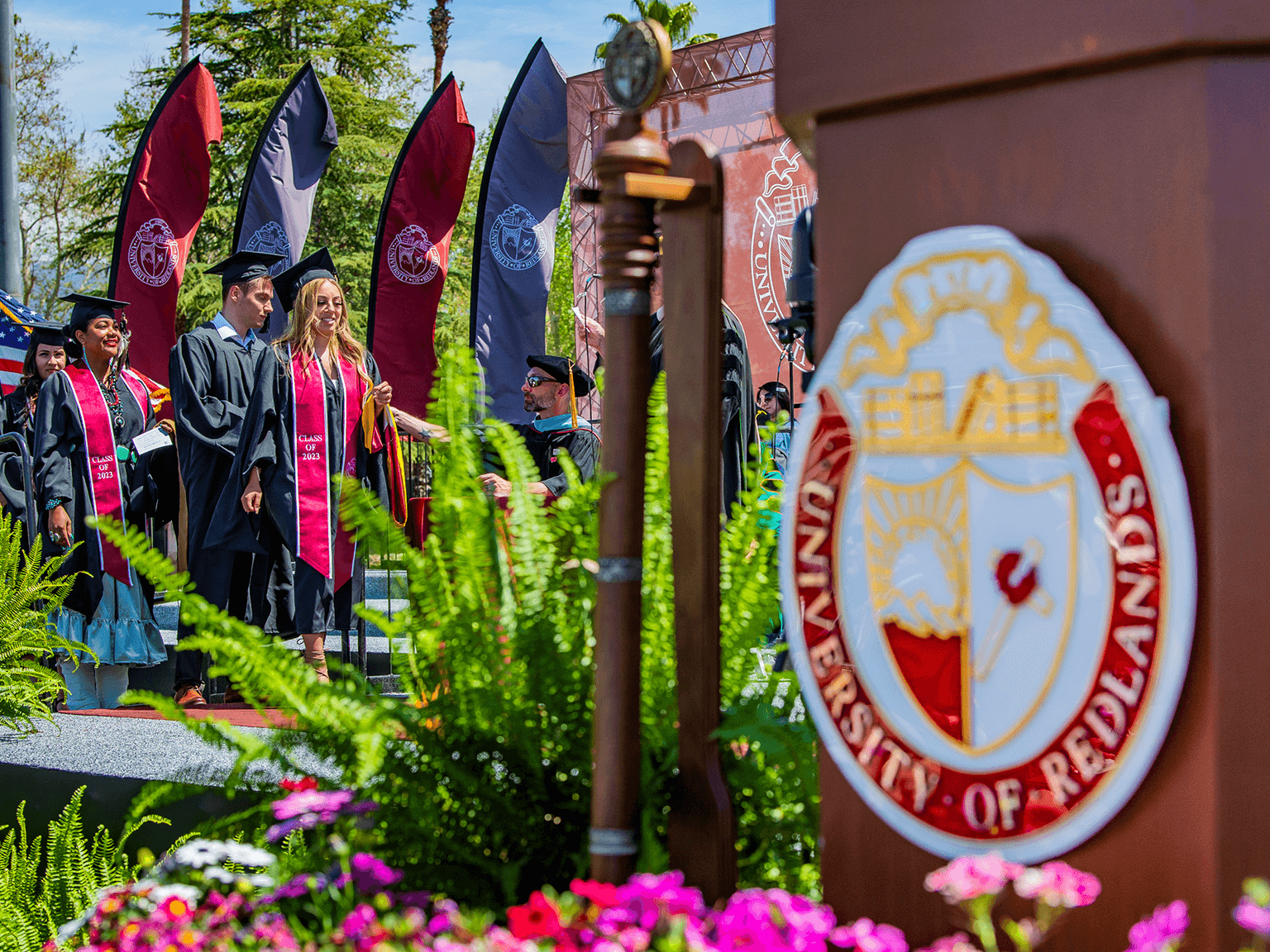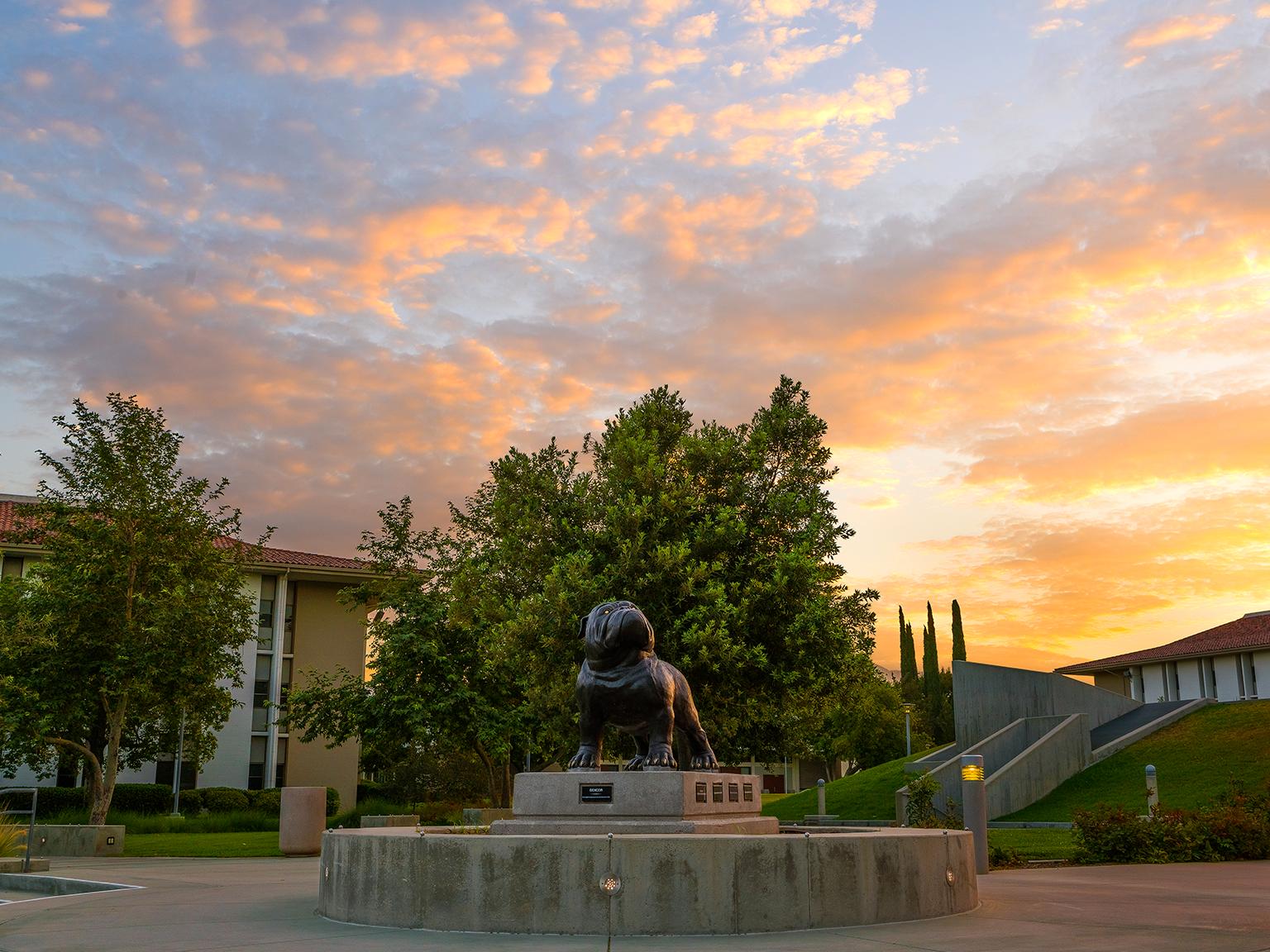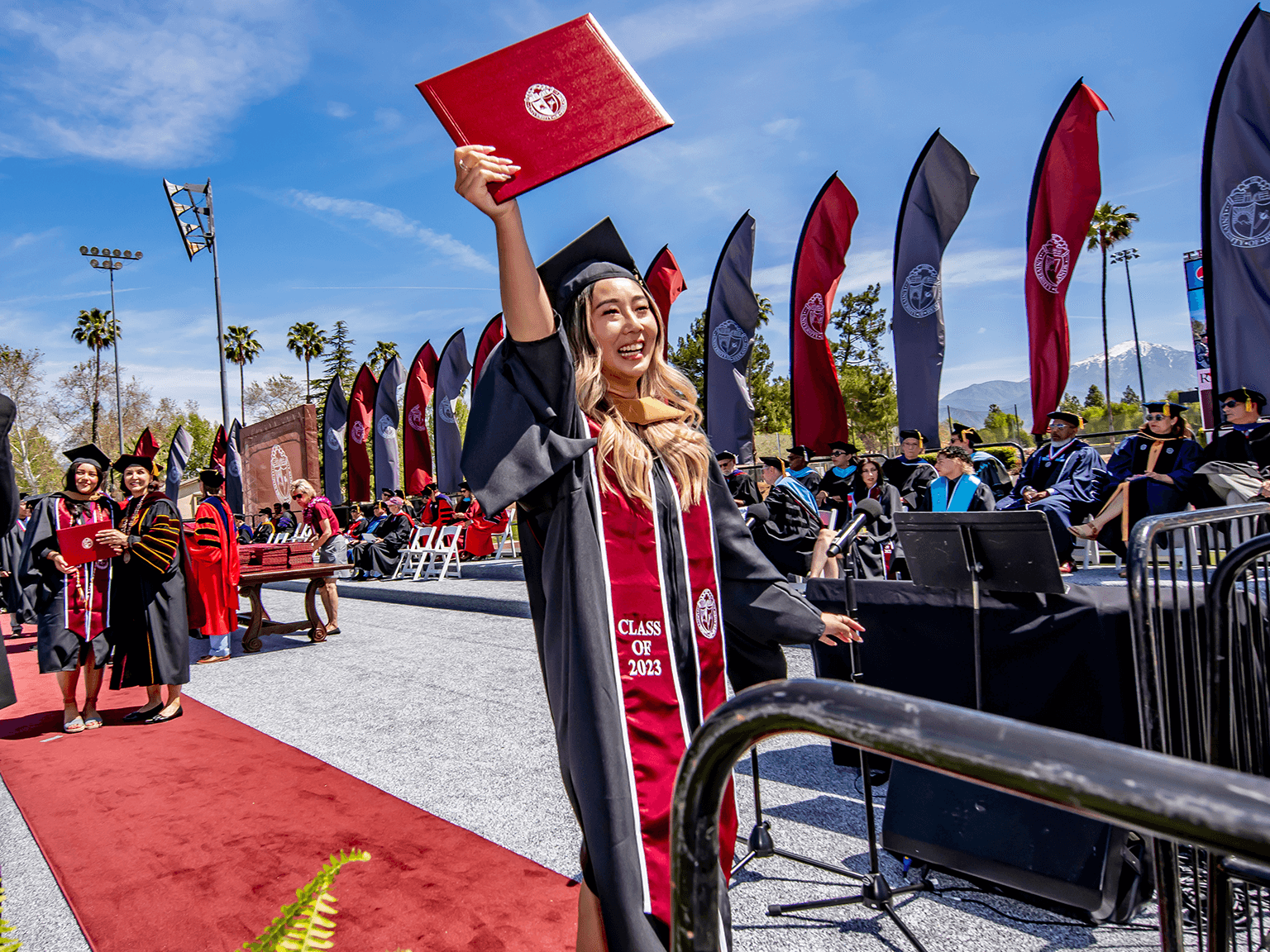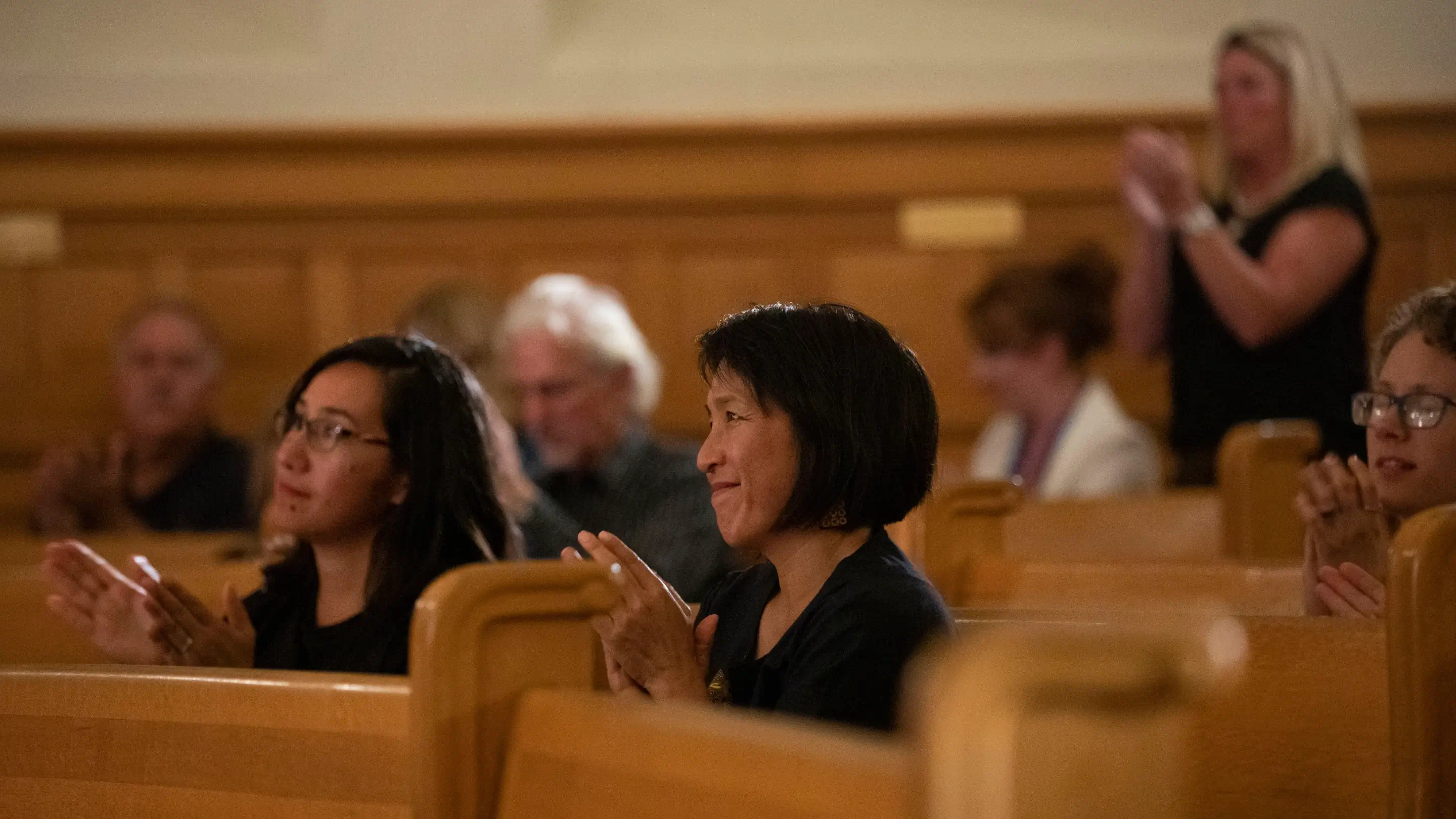Diploma in the Art of Spiritual Direction (D.A.S.D.) and Certificate in Spiritual Direction and Formation (C.S.D.F.)
The programs in spiritual direction have been the flagship spirituality program at SFTS for over 30 years. Our 300+ alums, are a rich testimony to the power of this vision for training spiritual directors. This training is unique in its combination of sustained exposure to contemporary and classic material in spirituality and spiritual formation. Its strong emphasis on supervised practice in spiritual direction has contributed to the high quality of directors that have emerged from this program.
Graduates of our program have provided national and international leadership as spiritual directors and supervisors of spiritual direction. They have created spiritual direction certificates in the United States and Korea. In addition, graduates have used their training to become retreat leaders, social activists, create programs in contemplative pedagogy, participate in interfaith dialogue, create programs in the spirituality of art. They have created national and international programs in coaching and reinvented their ministry to become pastor as spiritual guide. In these various ways, graduates have creatively expanded the meaning of spiritual direction.
Certificate vs Diploma: Which is right for me?
What is the difference between the Diploma in the Art of Spiritual Direction and the Certificate in Spiritual Direction and Formation?
The certificate and diploma in spiritual direction cover the same material and both include a two year practicum in which students will practice being a spiritual director with clients of their choosing, under the mentorship of supervisors available through our program. Certificate students choosing to emphasize formation rather than spiritual direction will design an appropriate practicum with their supervisor.
There are two differences between them:
1. Diploma students receive 1.5 academic credit hours for each course. This means that in each course they will do additional reading and turn in an academic-style paper. Certificate students will take the same courses but will not do additional academic work.
2. Certificate students take 4 courses; diploma students take 5 courses.
Is a diploma or a certificate better for me?
There are a number of reasons people choose one path or another. Your situation is unique to you and discerning what is best depends on your particular circumstances.
Why would one choose a diploma?
For some, the additional academic work and extra class allows them to investigate the practice of spiritual direction from a more intellectual or academic perspective. The extra class provides additional time to explore spiritual direction in a fuller way. For some, the diploma is a credential that is more meaningful in their context than a certificate. This is especially true for people without advanced degrees.
Why would one prefer a certificate?
A certificate provides the same core study and practice as the diploma and for many people it is sufficient. For those already have one or more advanced degrees—a Masters degree, an MDiv, a PhD— additional academic work seems unnecessary. Someone might already have a good deal of experience in the field of spiritual formation and direction and feel they are more ready to begin. The certificate can be completed in less time and cost less money and there are many reasons why people find this option attractive.
If you remain unsure, the director, Wendy Farley, is happy to talk to you to help discern which path suits you best!
Wendy Farley, Ph.D.
Director, Program in Christian Spirituality,
Rice Family Professor of Spirituality
415.451.2867
wendy_farley@redlands.edu
Certificate in Spiritual Direction and Formation
There are many ways to provide spiritual friendship to others, the community, and the world. For some, this will take the form of spiritual direction: prayerful companionship with others on a spiritual path. A director’s contemplative listening is the fruit of their commitment to sustained prayer and spiritual practice. The certificate provides study and practical experience for those who desire training for a vocation in spiritual direction.
For others, spiritual formation may enhance their church work, activism, or contemplative practice. Building on the practice of contemplative listening, participants can choose from a variety of retreat experiences to deepen their own spiritual practice and enhance their work in the world.
Many of our graduates have gone on to use their training as pastors, social activists, life-coaches, artists, retreat leaders, work with trauma, interfaith leaders and more. The certificate combines sustained practice in attentive listening, spiritual formation, practice, and study as foundational to spiritual direction and compassionate world engagement.
Program Requirements:
- 4 courses over 2 January terms
- 2 years of practicum and supervision
- Under care of a spiritual director during entirety of program
- Required readings and short reflection papers
Diploma in the Art of Spiritual Direction
The Diploma in the Art of Spiritual Direction (DASD) has been the flagship program for spirituality studies at SFTS for over thirty years. It is unique in the depth of supervised practice and in its emphasis on academic coursework to complement spiritual formation. Participants in the diploma add online academic courses to each retreat module to integrate academic study with practical experience.
Program requirements:
- 5 courses over 2 January terms and 1 spring term
- 2 years of practicum and supervision
- Under care of a spiritual director during entirety of program
- Required readings and academic coursework
Program options & information
Some form of spiritual direction is present in any religious tradition, especially those with experiential or contemplative emphases. A guru, elder, abba, ama, anam cara (Celtic – spiritual friend), confessor (etc) is a person who sits with a spiritual seeker to support them and provide guidance for their individual path. A spiritual director is not someone who appears in a moment of crisis, but who accompanies their directee along all the moments of life. Such a person is not a therapist, coach, pastoral counselor, or chaplain. They are trained primarily to witness to the other person, listening from the heart to the heart. Much of the training in spiritual direction is to distinguish it from more active ways of being with someone in difficulty or coaching them toward a more fulfilled life. Our foundational course is “Contemplative Listening,” dedicated to training our students in this delicate art – which is not simply “non-violent communication” but a radical receptivity that elicits a profound communication regarding spiritual practice, yearning, and experience.
"The love of the neighbor in all of its fullness is to be able to say, "what are you going through?"
—Simone Weil
Spiritual direction is on-going attention to spiritual growth, healing, and wisdom on the part of both directee and director. Our program is unique in that it places this interior and intersubjective work in the broader cultural context structured by racism, patriarchy, and other wounding social habits. The inner work of transformation is connected to the outer work of social awareness.
In addition to their work as dedicated spiritual directors, a number of our students find a variety of ways to include spiritual direction in their vocational path. Some students do not work as spiritual directors as all but incorporate their training indirectly in their primary vocation as teachers, coaches, retreat leaders, activists, artists, counselors, pastors, priests, and so on.
“How to live with some joy in your mouth. How to put your hands gentle on where the wound is and draw out the grief. How to urge some kind of mercy into the shock-stained earth so that good will grow.” —Rosemarie Freeney Harding
Spiritual direction has played a role in Christian formation since Jesus sat at Martha and Mary’s kitchen table. It has emerged relatively recently in Protestant settings as a way to deepen the spiritual journey and to accompany others as they explore their relationship to the Beloved. It is a joy to participate in this work and to meet the people who find themselves called to these practices and to this vocation. People find themselves called to this path from many directions and many stages of life – young people still engage in their MDiv studies, retiring pastors, lay counselors, chaplains, retreat leaders, people called to serve LGBTQ+ people, those who identify as trans-religious, evangelical, black church, Catholic laity – and more. Whatever path you have walked to get here, we welcome you as friends on a shared spiritual journey.
“The first duty of love is to listen.” Paul Tillich
No program can certify another person as a spiritual guide. This program grants a certificate or diploma that indicates that you have undertaking serious study and practical training as a spiritual director or as a guide for individuals and communities seeking spiritual formation.
- Our program emphasizes that spiritual guidance is founded in your personal commitment to your own spiritual formation and spiritual direction during and after your participation in our programs.
- Through classes, practice, and additional readings you will explore a variety of spiritual texts and practices representative of many sources of Christian spiritual wisdom. Our roots are in the Protestant tradition, but it is important to us to the insights of many cultures and traditions.
- We are committed to the inter-connections between interior transformation and compassion for the world.
It is our hope that participation in our programs will deepen your faith and that you leave with a deeper thirst for the goodness of God and for justice for God’s beloved creation. But the work you do is between you and the Holy Spirit. Please pray always for the guidance, open heart, and spontaneous wisdom that lie at the heart of spiritual direction.
PROGRAM STRUCTURE & REQUIREMENTS
Our Program in the Art of Spiritual Direction includes three primary components: coursework, practicum, and ongoing study throughout year in between January sessions.
1. Certificate and Diploma Coursework: January Sessions
- SP 3502 Contemplative Listening
- SP 2680 Fundamentals of Spiritual Direction
- SP 2499 The Art of Discernment
- SP 2473 Spiritual Practices for Spiritual Direction
Diploma only:
- SP 8275 Group Supervision for Spiritual Directors
Pre-Intensive Study
A bibliography with recommended and required readings will be available upon your acceptance into the program. You will be expected to work through the required readings on your own before classes begin in January.
Sessions, Study, and Community
Each session will combine study, spiritual practice, quiet, and community. The structure of each class is slightly different, but a typical day would begin with classroom instruction on the topic of the class (roughly 9:00-noon). After lunch and a break, participants will have opportunities to meet in small groups to practice what they are learning (roughly 2-4:30). We will meet for contemplative worship at least two evenings after class, in person for residential students and online for distant learners.
All classroom instruction will be online. Students opting for a residential experience will take classes online but will participate in small group work and worship in person. We encourage students to come to our serene campus for at least two classes during their program. Students are able to have a more retreat-like experience and learn from face-to-face relationships in small groups, meals, and worship.
Students who choose the residential option will meet with their small groups in person. Residential students will reside in Baird Hall where there is a kitchen for meal preparation and a gathering place where students can eat together or go to the living room for fun. They will also have opportunities for quiet, rest, walking the labyrinth or contemplative walks near campus. A closing dinner will be held for residential students on the penultimate day of the second session. Participants will encounter material from a variety of spiritual and cultural traditions.
Students often form informal cohorts that continue to meet online throughout the year.
2. Practicum & Supervision
After completing Contemplative Listening and Foundations of Spiritual Direction, students must complete two years of supervised practicum. Students will meet with two directees ten times each year, as well as meet with a supervisor eight times each year. The program will match you with a supervisor. This one-on-one mentoring and practicum time commitment is an investment in deep preparation.
3. Ongoing Work Throughout Year
After the January classes and throughout the year participants will:
• Be in spiritual direction
• Work through a required set of readings and turn in short reflection papers on the readings
• Participate in supervised practicum (see above)
Spirituality Concentration for MDiv Students
Students enrolled at SFTS can choose to focus their studies in the practice, history, and theology of spirituality. This concentration provides both academic study and experience with spiritual practices from a variety of cultures and faith traditions. Students are invited to deepen their study by participating in retreats or joining the diploma program.
Encouraging Supervision after Your DASD/CSDF Training is Complete
By Rev. Dr. Rebecca Cole-Turner, CJN
Member, D/CASDF Alumni Council
Whether you’re graduating this May from the Program in Christian Spirituality or you graduated many years ago, we want to encourage you to continue some form of supervision of your spiritual direction ministry as long as you are providing it to others.
On-going supervision in some form may help you continue to be more deeply aware of your own interior processes, questions, and thoughts while you sit with others as they share with you the presence and movement of Spirit in their lives. Supervision can also open you to increasing degrees of freedom within, as well as allow you to more adequately bracket what is your “stuff,” and what may be theirs, so that you remain in service to your directees as a spiritual companion.
The DASD/CSDF Alumni Council wants to understand how our graduates are receiving supervision, and in what forms they’re receiving it so that we might help you engage in this healthy form of self-care for your ministry. As a first step in this direction, we’re asking our graduates to send us comments about how you’ve engaged in supervisory relationships (and in what form) since you graduated. Some of you may not have been in supervision at all, while others may have continually been in supervision. We also hope to hear about what you think might work for you now, whether it’s participating in a small, peer supervision group in your area with other local graduates, or in individual or group online supervision. We’re open to all ideas!
Please send us any comments on supervision you may have, as our Alumni Council members and Dr. Farley continue to discern how we might better assist you in finding a supervisor and a model of supervision that fits you and your needs. You may submit comments to wendy_farley@redlands.edu.
SFTS Dean's Office
San Francisco Theological Seminary is housed at the Marin campus.
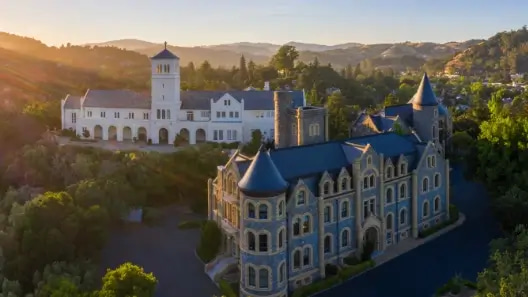
Take your next steps
Seize the endless opportunities and pursue your future at University of Redlands.

